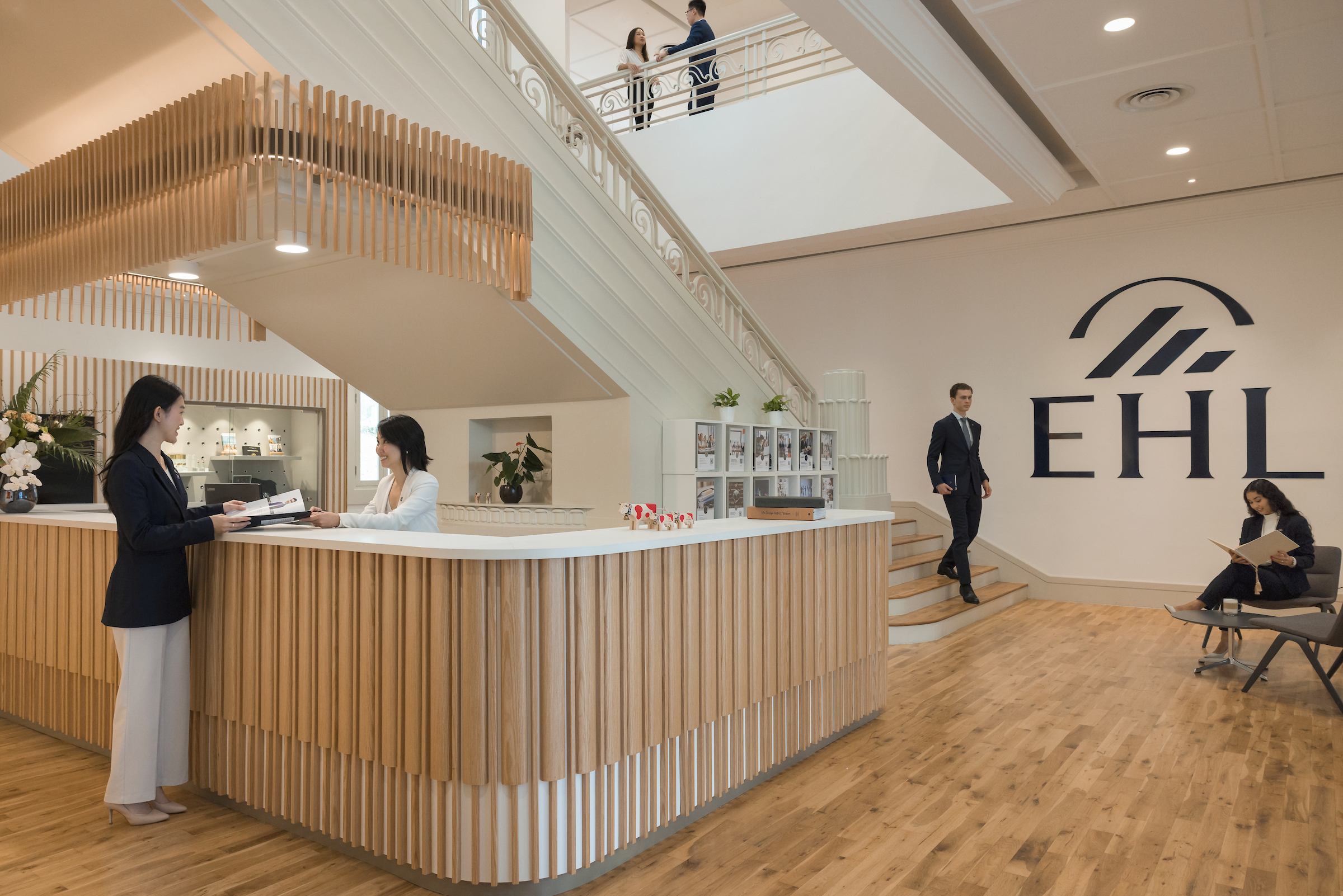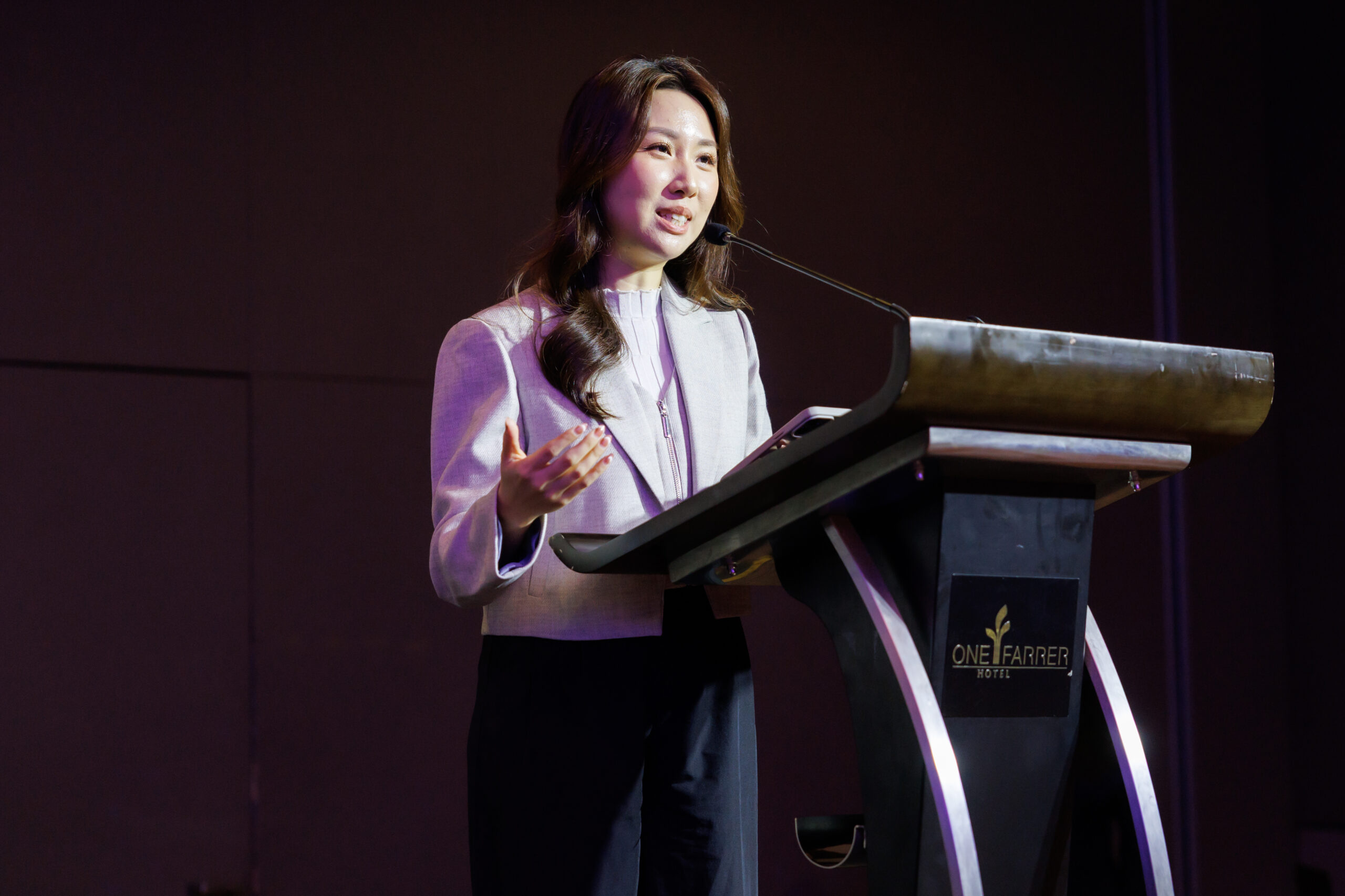Tech can’t replicate empathy: The enduring value of the ‘hospitality mindset’
- Josephine Tan

Ask any hospitality leader about their biggest challenge for 2026, and you might expect to hear about economic volatility or fragmented consumer expectations. But according to Chen Bao, Managing Director of EHL Campus (Singapore) and Business Development, Asia-Pacific, the most crucial priority is much closer to home: human talent.
In an environment where pressure is the new normal, Chen argued that the top priority must be “stability, ensuring resilience in manpower, talent retention, and cost structures.”

He believes “smart workforce strategies, combined with the thoughtful adoption of technology and digital tools, are essential to maintain operational efficiency, creativity, and service quality” even as the sector faces economic headwinds.
The new gold: Why EQ trumps IQ
The industry’s race towards innovation has placed a heavy emphasis on AI, data, and hyper-personalisation. But Chen cautioned leaders against an over-reliance on technology, which he sees as only part of the solution.
“Most of the technology I see today addresses the IQ side of the business, optimising operations, automating repetitive tasks, and enabling predictive analytics,” Chen told HRM Asia. “But what technology cannot easily replicate is the EQ side, such as empathy, intuition, emotional connection, which are the real human touch.”
This “hospitality mindset”—a blend of service, empathy, and trust—is precisely what creates value. It is a core competency so powerful that it is being sought far beyond hotels and restaurants.
“Any sector that touches human experience needs leaders who understand empathy, service, and trust,” Chen stated. “That mindset is becoming a catalyst not only for guest satisfaction, but for value creation across the service economy,” pointing to sectors like healthcare, fintech, and luxury.
But if empathy and emotional intelligence are the critical skills, how do organisations cultivate them? The industry has long struggled with a gap between traditional classroom learning and the real-world demands of a service-driven business.
Chen argued for an integrated approach. “Our philosophy has always been ‘learning by doing’, combining rigorous academic knowledge with hands-on practice, internships, and industry-driven student business projects,” he explained. “Students don’t just study hospitality; they experience it.”
This philosophy is crucial for HR and learning and development (L&D) departments. In a rapidly evolving sector, the learning process can never truly end.
READ MORE: A human-centric approach to AI integration in HR
“The hospitality sector is evolving so quickly, with new business models, shifting consumer expectations, and digital disruption, that a degree alone is no longer enough,” Chen said. “Through executive education, micro-credentials, and continuous upskilling, we ensure that learning doesn’t stop at graduation.”
The ultimate goal, he noted, is to prepare leaders who are both “digitally fluent and emotionally intelligent, capable of balancing innovation with the irreplaceable human touch.”
The anatomy of a future-ready leader
As the industry builds its future talent pipeline, the competency model is being rewritten. Chen believes technical mastery is merely the baseline.
“What sets them apart is their ability to go beyond technical mastery,” he insisted. “Empathy, resilience, teamwork, creativity, self-motivation, and even a refined sense of aesthetics are the qualities that transform managers into leaders who can inspire teams and create meaningful guest experiences.”
This new generation of talent is also bringing its own non-negotiable values to the table, particularly around sustainability. For HR leaders, embedding sustainability is not just an operational goal; it is a critical tool for employer branding.
“These efforts are no longer driven only by regulations; they are also being demanded by consumers, especially younger generations,” Chen noted. “These same values are shaping the outlook of the young leaders and executives now rising in the industry.” Organisations that embrace this will “gain an edge with customers, investors, and talent.
However, building this next generation of leaders is not a task for a single organisation. It requires a fundamental, collaborative shift in how the industry approaches talent development.
“In many parts of Asia, education has traditionally emphasised academic rigour in the classroom while character-building and experiential learning receive less focus,” Chen said. “Yet in hospitality, true success comes from being a complete professional.”
He concluded with a call to action for a shared talent ecosystem. “Collaboration is key. Education providers must embed soft-skill and leadership development into programmes, industry partners must provide hands-on exposure and mentorship, and policymakers should create frameworks that recognise holistic development as essential.”
With this collaborative effort, Chen believes the industry can “nurture a new generation of well-rounded, purpose-driven leaders who will elevate hospitality to new levels of excellence.”






